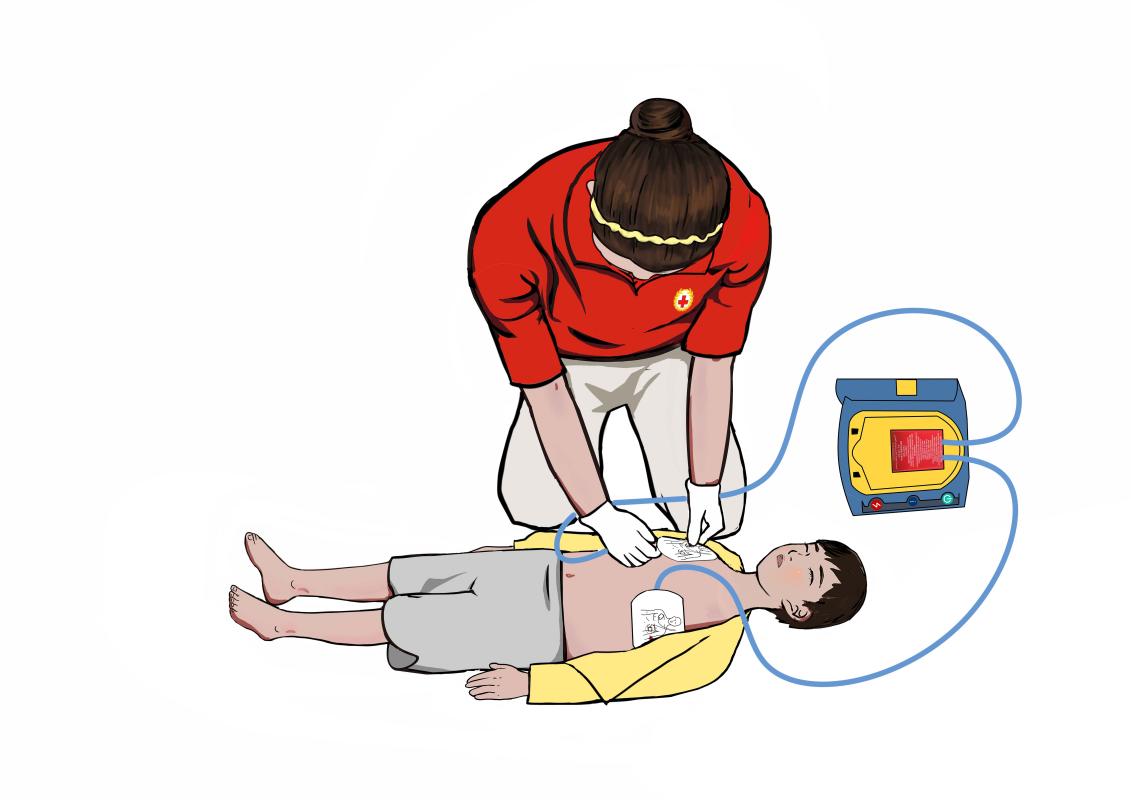In a world saturated with promises of instant transformation, the quest for a healthier weight often leads us down paths paved with quick fixes and fleeting fads. From skipping entire food groups to relying solely on pills or injections, many, particularly young people, seek "quick," "lazy," or "once-and-for-all" methods online. Yet, as readily as weight might drop temporarily, it often rebounds like a stubborn yo-yo, sometimes leaving individuals worse off with conditions like anemia, malnutrition, or even eating disorders such as anorexia and secondary amenorrhea. This highlights a crucial truth: blindly pursuing weight loss without understanding the science and tailoring the approach can cause more harm than good.

Don't just think of your body as a machine for shrinking; recognize it as a complex ecosystem where balance is essential. Overweight and obesity, while sharing similar health risks like cardiovascular disease, metabolic diseases, and tumors, stem from diverse origins. The fundamental imbalance is simple: energy intake exceeds energy expenditure. Our modern lifestyles exacerbate this – easily accessible high-calorie, high-fat, high-carbohydrate diets from trendy drinks, pastries, and takeout have become unconscious calorie traps. Add to this a sedentary lifestyle, often driven by demanding work or study schedules, contributing to the problem. Even insufficient sleep plays a sneaky role, potentially altering hormone levels to increase appetite and cravings for unhealthy snacks. While genetics can predispose some (up to 80% risk if both parents are obese), unhealthy dietary and lifestyle habits remain the overwhelming primary culprits. Pushing all blame onto genetics is like blaming the seed when the garden is neglected.
Successfully navigating weight loss isn't about deprivation; it's about strategic living – a blend of wisdom in eating and wisdom in moving. There's no "lazy" or "one-and-for-all" shortcut. Effective weight management is commonly understood as 70% diet adjustment and 30% exercise. The choice of dietary pattern is paramount to success. Scientific "dieting" like Calorie Restriction (CRD) involves a controlled reduction of 500-1000 kcal daily, not starvation. Other methods like Low Carbohydrate Diets (LCDs), Intermittent Energy Restriction (IER such as the 5+2 method), or Time-Restricted Feeding (TRF) offer alternative structures, each with specific considerations. Just as a financial advisor crafts an investment strategy based on your goals and risk tolerance, the optimal dietary plan calls for professional assessment and guidance.

However, focusing solely on diet is like trying to build a house with just one wall. While calorie restriction initiates weight loss, exercise is the cornerstone for sustainable progress and maintenance. It doesn't just burn calories; it actively improves health markers like visceral fat, blood pressure, lipids, and blood sugar. Aiming for around 300 minutes of exercise per week, including strength training to preserve muscle mass, provides a solid foundation. For those starting their journey, even brisk walking (aiming for 6000 steps/day at a good pace) is a significant step. Patience and gradual progress are key, especially for individuals with higher obesity levels, to avoid injury.

Ultimately, healthy weight loss isn't a temporary project; it's a fundamental reshaping of lifestyle. It's about embedding healthy habits into the fabric of daily life. The comprehensive approach seen in nutritional weight loss clinics—involving assessment, personalized plans for diet, exercise, and behavior, continuous follow-up, and long-term maintenance guidance—demonstrates this. A compelling case is that of a young man who, through a structured low-carb diet, exercise, and medical support, didn't just lose 51kg but reversed severe health issues like fatty liver and hypertension. His success wasn't solely about weight loss; it encompassed a transformation of his entire relationship with food, activity, and rest.
Achieving a healthy weight is akin to cultivating a vibrant, resilient garden – it requires understanding the soil, planting the right seeds, consistent watering and care, and patience for growth. It's not a sprint but a mindful marathon, requiring insight, strategy, and persistence. By moving beyond the quick-fix mindset and embracing a holistic, science-backed approach tailored to your individual needs, you build a sustainable path not just to a healthier body, but a healthier life.





